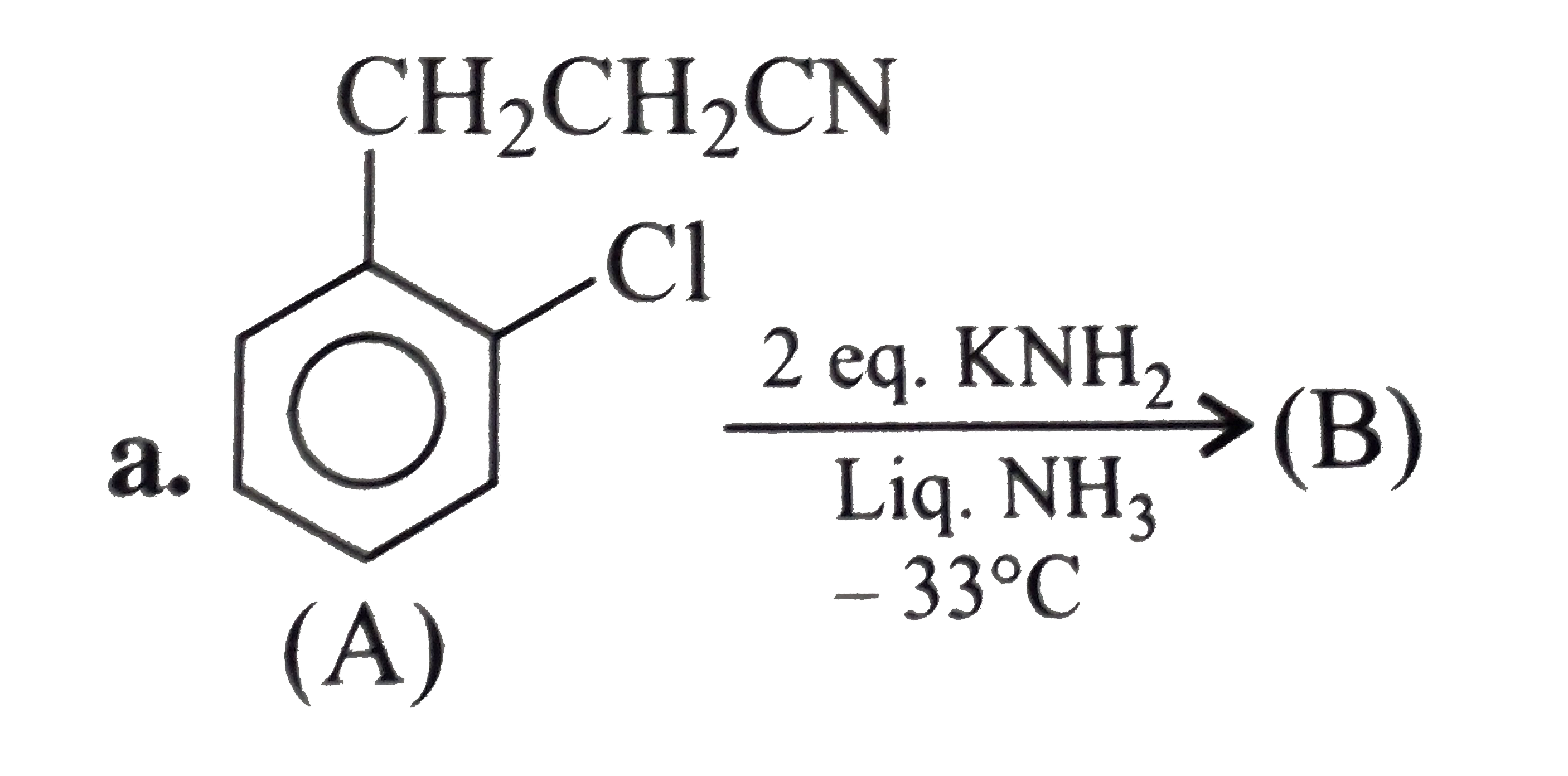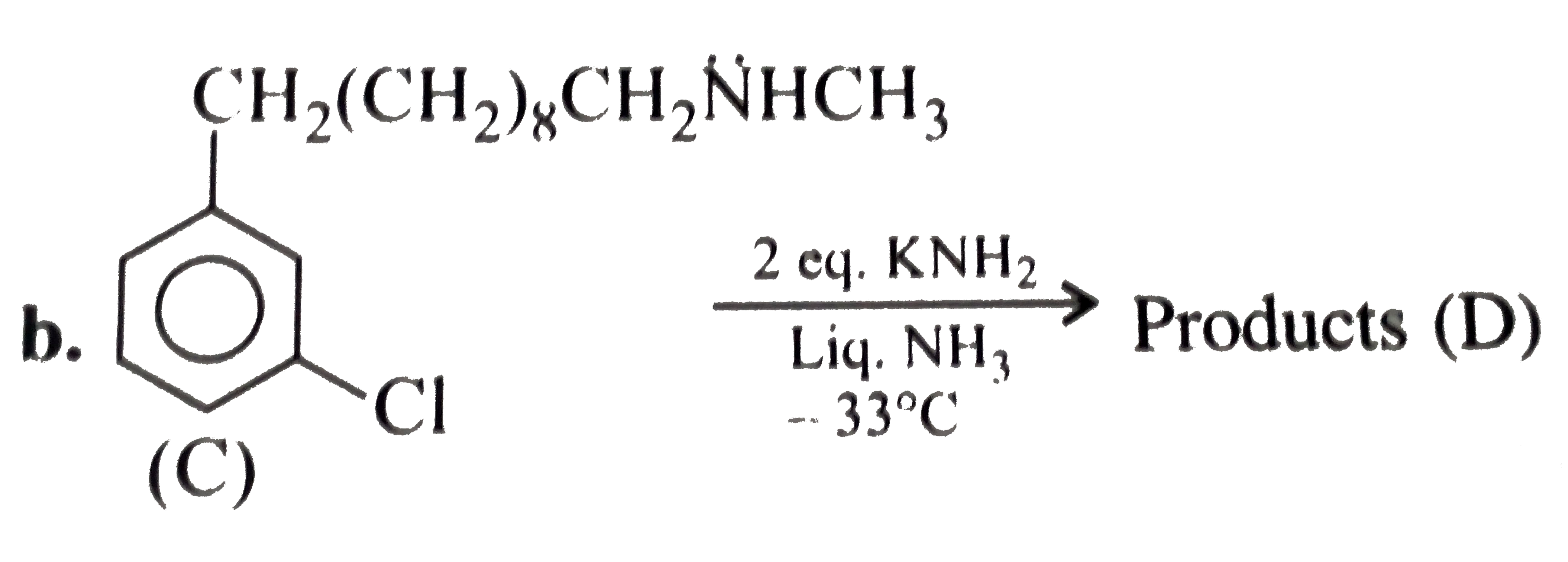Which of the following will form a new species?
interbreeding
variations
differential reproduction
none of the above
The correct Answer is:C
To determine which of the following options will form a new species, we need to analyze each option carefully:
1. Interbreeding:
- Interbreeding refers to the mating of individuals within the same species. While interbreeding can lead to genetic variation within a species, it does not typically result in the formation of a new species. Therefore, this option is incorrect.
2. Variations:
- Variations arise from genetic differences among individuals, often due to mutations and sexual reproduction. While variations are essential for evolution, they alone do not lead to the formation of a new species. They must be acted upon by natural selection or other mechanisms. Thus, this option is also incorrect.
3. Differential Reproduction:
- Differential reproduction refers to the varying ability of individuals to reproduce based on their adaptations to the environment. Those individuals that are better adapted tend to reproduce more successfully, leading to the evolution of new traits over time. This process can eventually lead to the formation of a new species. Therefore, this option is correct.
4. None of the above:
- Since we have identified that differential reproduction can lead to the formation of a new species, this option is not applicable.
Conclusion:
The correct answer is Option 3: Differential reproduction.
---
- Interbreeding refers to the mating of individuals within the same species. While interbreeding can lead to genetic variation within a species, it does not typically result in the formation of a new species. Therefore, this option is incorrect.
- Variations arise from genetic differences among individuals, often due to mutations and sexual reproduction. While variations are essential for evolution, they alone do not lead to the formation of a new species. They must be acted upon by natural selection or other mechanisms. Thus, this option is also incorrect.
- Differential reproduction refers to the varying ability of individuals to reproduce based on their adaptations to the environment. Those individuals that are better adapted tend to reproduce more successfully, leading to the evolution of new traits over time. This process can eventually lead to the formation of a new species. Therefore, this option is correct.
- Since we have identified that differential reproduction can lead to the formation of a new species, this option is not applicable.
The correct answer is Option 3: Differential reproduction.
Similar Questions
Knowledge Check
- Question 1 - Select One
Which of the following is not true for a species ?
AMembers of a species can interbreedBVariations occur among members of a speciesCEach species is reproductively isolated from every other speciesDGene flow does not occur between the populations of a species - Question 2 - Select One
Which of the following is an endemic species ?
AHorn billBIndian RhinoCPink head duckDNicobar pigeon - Question 3 - Select One
Which of the following is an endangered species?
ABlack buckBBlue sheepCGangetic dolphinDMithun
a.

b.
The formation of (B) form (A) proceeds via the form-antion of which of the following intermediate species ?View SolutionReasons that the population size of an exotic species often grows rapidly when the species is introduced in a new environment include which of the following:
(i) The exotic species is resistant to pesticides.
(ii) There is a large, underutilised food source in the new environment.
(iii) The exotic species has few natural predators in the new environment.View SolutionWhich of the following species is a nucleophile ?
View SolutionWhich of the following is the correct sequence of events in the origin of new species according to Darwinism ?
View SolutionWhich of the following is an example of alien species invading a new ecosystem resulting in biodiversity losses ?
View Solution

